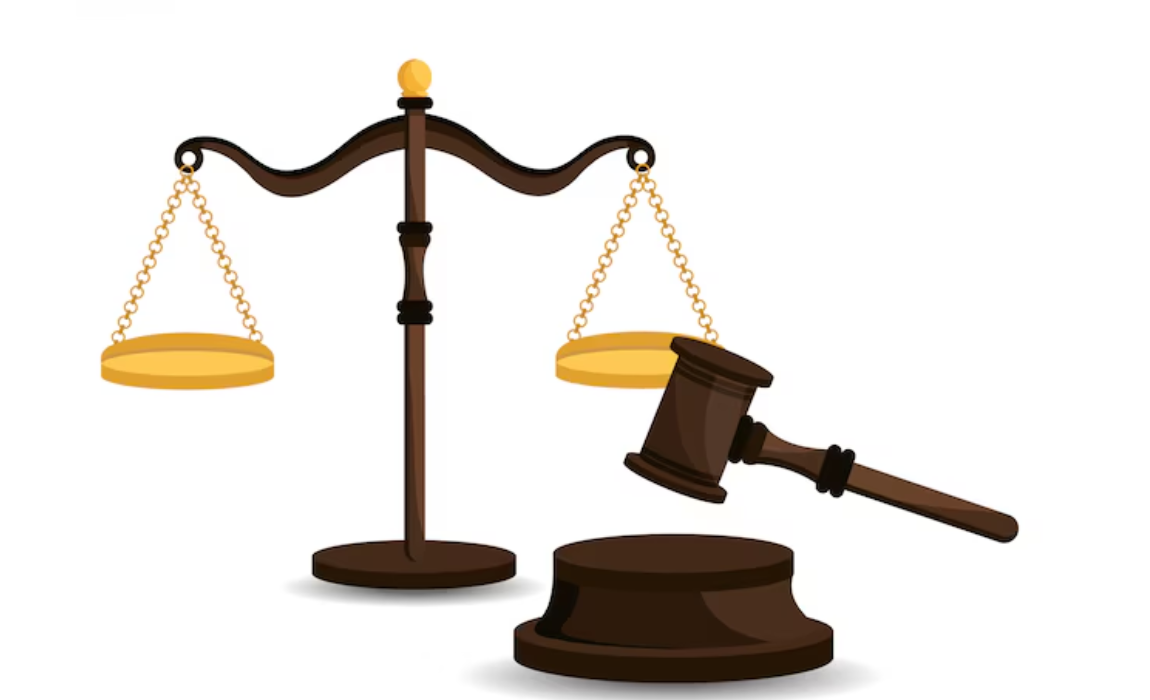Section 343: Tender of pardon to accomplice

Section 343 of the Bharatiya Nagarik Suraksha Sanhita, 2023 governs the legal provisions that establish the tender of a pardon to accomplices in criminal offenses.
A Chief Judicial Magistrate or a Magistrate of the first class is empowered to grant pardon at any stage of the investigation, inquiry, or trial. However, this will depend upon satisfactory full and true disclosure regarding one's own role in the offense and also about other persons, either as principal offenders or as abettors.
The pardon is conditioned on the explicit condition that the accused person provides total and truthful information on all aspects of the offence, including the involvement of others, no matter whether they were direct perpetrators or recipients of the crime in some other fashion. This disclosure is a prerequisite to the pardon's validity.
This provision applies to:
-Offences triable only by the Court of Session or by a Special Judge appointed under any such law.
-Offences punishable with imprisonment for a term extending to seven years or upwards.
The Magistrate granting pardon shall keep a register containing:
-Reasons for the grant of pardon.
-Acceptance or refusal of the pardon by the person.
-This document must be made available to the defendant on demand and should be furnished free of charge.
A convict who accepts pardon is required to testify as a witness in the trial of cases concerning the crime. The fact that the pardon is accepted automatically ties the individual to testify against the crime during the trial.
An individual may be held until when the trial takes place, subject to the conditions that they might have been allowed to be bailed.
If the person accepts the tender of pardon and is examined as a witness, the Magistrate shall commit the case for trial. The case may be sent for trial to:
-The Court of Session if the offence is triable by that court only.
-A Special Judge, if the offence comes within the purview of such a judge under relevant laws.
-Where the case is neither of the afore-said, it can be remitted for trial to the Chief Judicial Magistrate.
